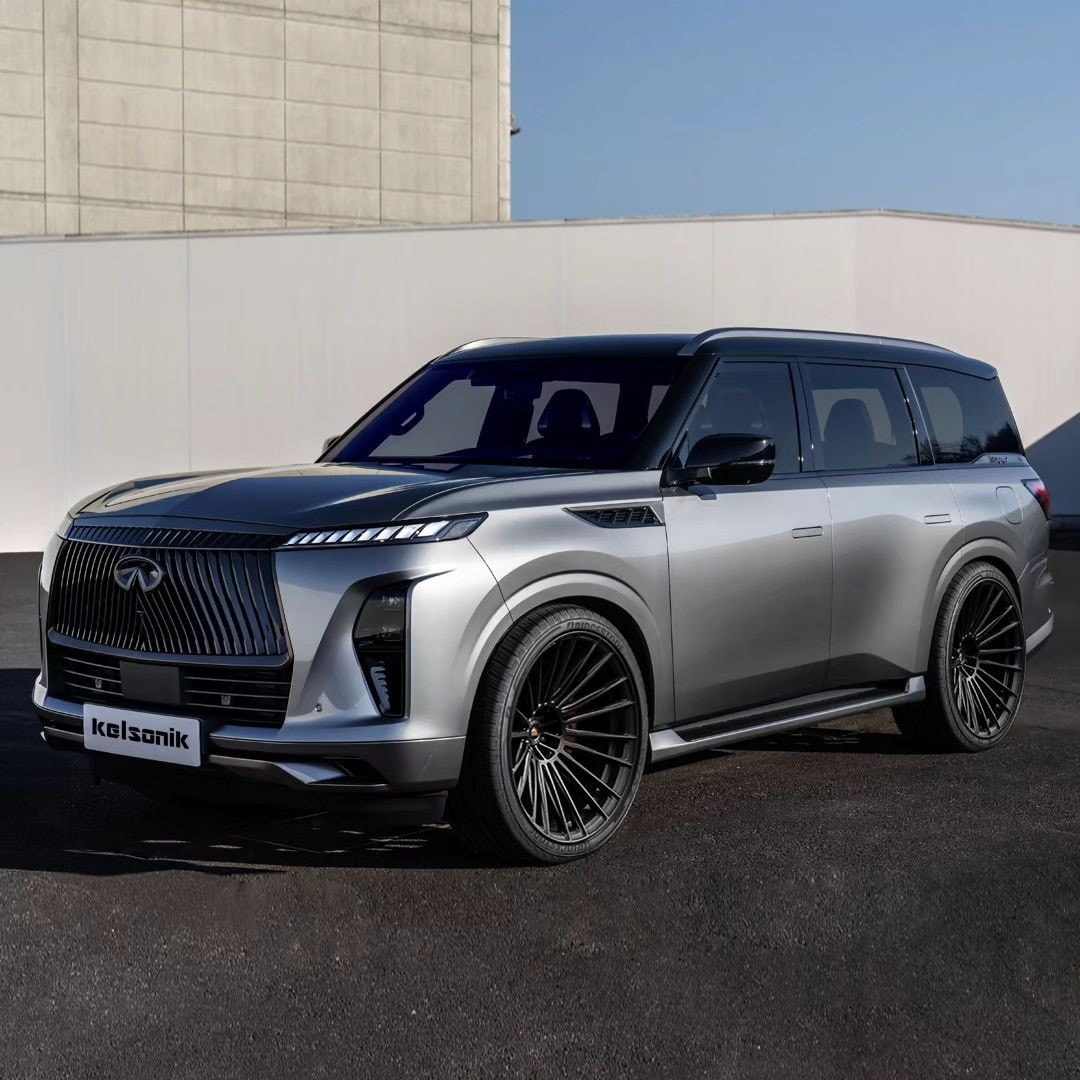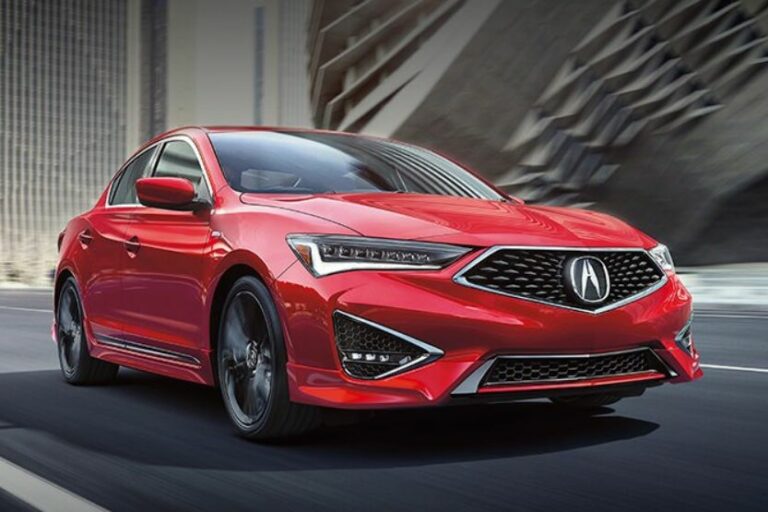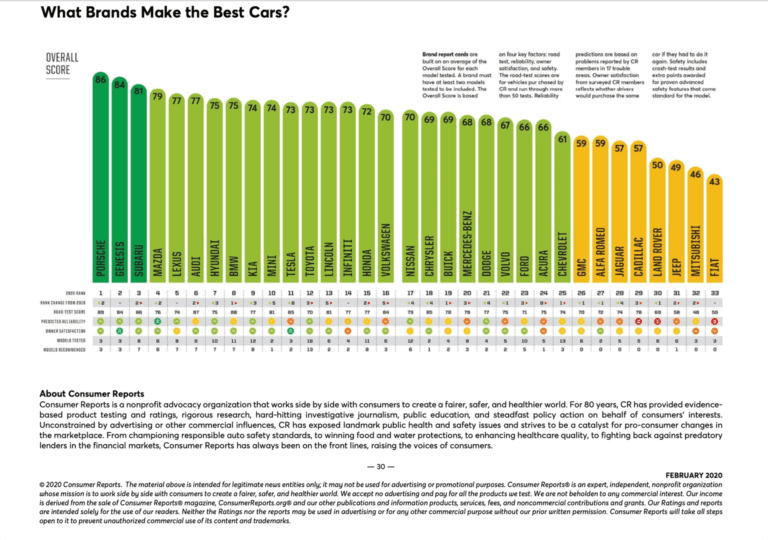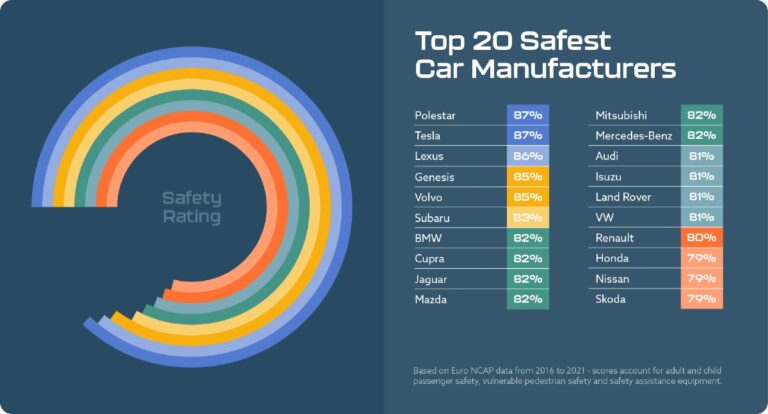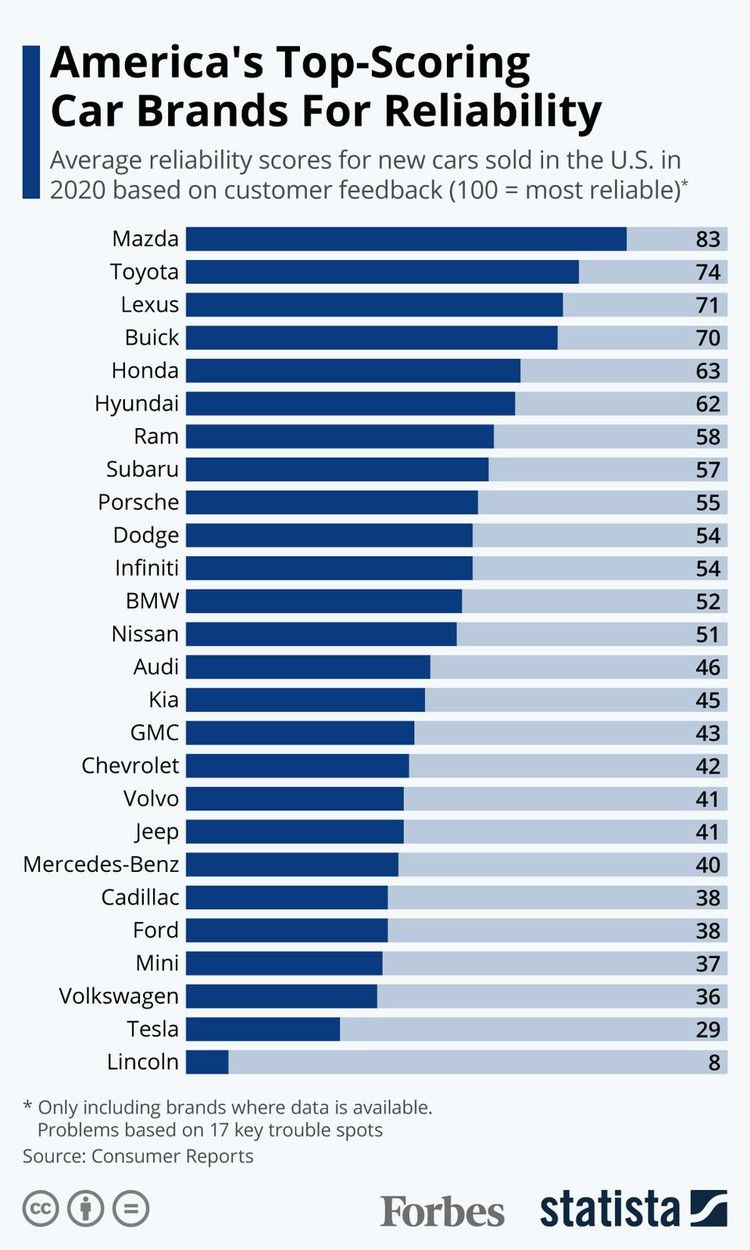Is Infiniti A Luxury Car Brand? An In-Depth Exploration
Is Infiniti A Luxury Car Brand? An In-Depth Exploration cars.truckstrend.com
The automotive world is replete with brands vying for the coveted "luxury" label. From the venerable European marques like Mercedes-Benz, BMW, and Audi to the Japanese pioneers such as Lexus and Acura, each brand crafts its narrative around exclusivity, performance, and opulence. Amidst this competitive landscape sits Infiniti, Nissan’s premium division, launched in North America in 1989. The perennial question lingers: Is Infiniti truly a luxury car brand?
To answer this, we must first define what constitutes automotive luxury. It extends far beyond a high price tag. True luxury embodies a blend of exquisite craftsmanship, advanced technology, superior performance, unparalleled comfort, exceptional customer service, and, crucially, a distinct sense of prestige and exclusivity. This article will delve into each of these facets, examining how Infiniti measures up and where it stands in the ever-evolving premium automotive landscape.
Is Infiniti A Luxury Car Brand? An In-Depth Exploration
The Pillars of Automotive Luxury: How Infiniti Measures Up
Understanding Infiniti’s luxury status requires a close examination of the core attributes that define a premium vehicle.
Design & Aesthetics: Crafting an Aspirational Image
Infiniti has long pursued a distinctive design language, characterized by "fluidic" lines, the signature double-arch grille, and the crescent-cut C-pillar. This aesthetic aims to evoke a sense of movement and sophistication. Early models like the G35/G37 coupes and the FX crossover were lauded for their bold, athletic stances that set them apart.
How Infiniti measures up: Infiniti’s design often leans towards sculptural elegance rather than aggressive sportiness or understated conservatism. While subjective, its designs generally convey a premium feel, aiming to be distinctive and visually appealing. The recent redesigns, such as the QX60 and QX55, showcase a refined evolution, moving towards a more contemporary and elegant aesthetic that aligns with luxury expectations.
Interior Craftsmanship & Materials: The Tactile Experience
The interior of a luxury vehicle is where the owner spends most of their time, making material quality, fit-and-finish, and ergonomic design paramount. Luxury cabins typically feature high-grade leathers, genuine wood or metal trims, soft-touch surfaces, and meticulous attention to detail in stitching and panel gaps.
How Infiniti measures up: Infiniti interiors generally utilize premium materials. You’ll find genuine leather, open-pore wood, and aluminum accents in higher trims. The QX60, for example, features quilted semi-aniline leather, subtle ambient lighting, and well-integrated digital displays, creating a serene and upscale environment. While some past models faced criticism for infotainment systems that felt dated or shared too many components with Nissan, recent iterations have significantly improved, with better integration and higher perceived quality.

Performance & Driving Dynamics: Refinement Meets Power
Luxury performance isn’t just about raw horsepower; it’s about the seamless delivery of power, refined handling, a comfortable ride, and excellent noise, vibration, and harshness (NVH) isolation. Whether sporty or serene, the driving experience must feel elevated.
How Infiniti measures up: Infiniti has historically offered strong V6 engines, like the acclaimed VQ series, known for their smooth power delivery. More recently, the innovative Variable Compression Turbo (VC-Turbo) engine in the QX50 and QX55 showcases technological prowess, offering a blend of power and efficiency. While not always matching the razor-sharp dynamics of some German rivals, Infiniti vehicles generally provide a comfortable, composed ride with ample power for confident driving. Models equipped with Direct Adaptive Steering (DAS) offer a unique steer-by-wire experience, though it has been polarizing among enthusiasts. Overall, the driving experience is refined and competent, fitting for a luxury brand.
Technology & Innovation: The Cutting Edge
Modern luxury cars are technological showcases, integrating advanced infotainment systems, sophisticated driver-assistance features, connectivity options, and innovative comfort technologies. The technology must be intuitive, reliable, and genuinely enhance the ownership experience.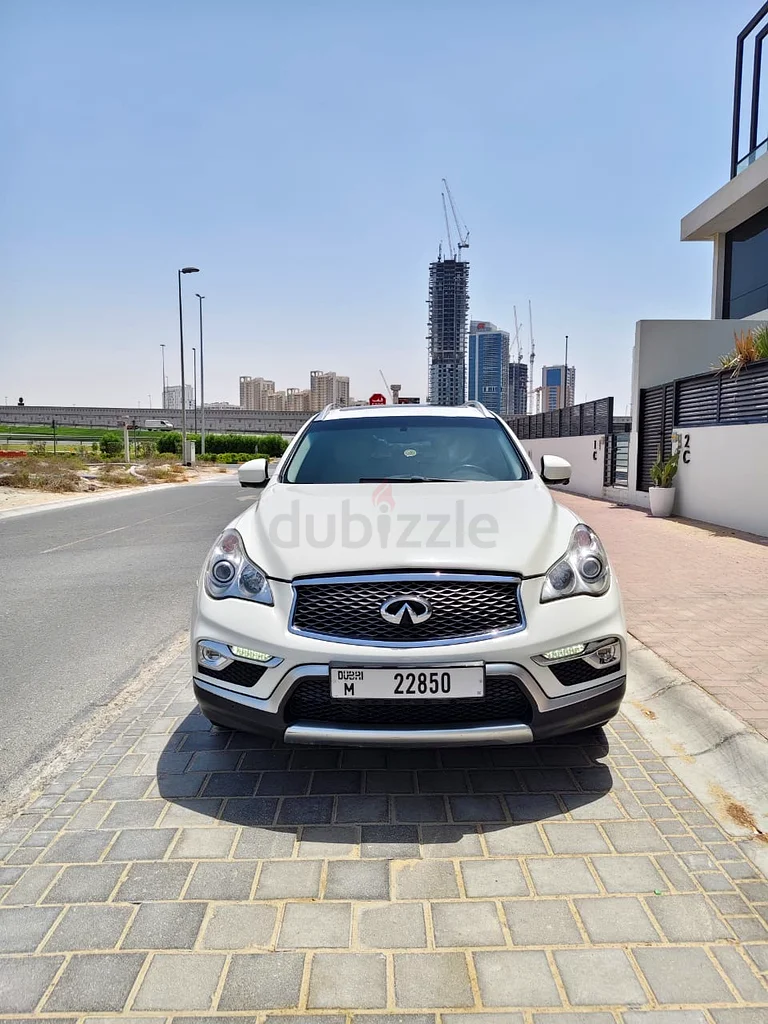
How Infiniti measures up: Infiniti’s InTouch infotainment system, while once a point of contention, has evolved to offer dual screens, Apple CarPlay, and Android Auto. Their suite of driver-assistance features, including ProPILOT Assist, intelligent cruise control, and various safety aids, provides a comprehensive safety net. While Infiniti might not always be the first to market with every groundbreaking technology, it generally offers a competitive suite of features that enhance convenience and safety, aligning with luxury expectations for advanced connectivity and assistance.
Brand Perception & Prestige: The Intangible Asset
Beyond tangible attributes, luxury is heavily influenced by perception, heritage, and the aspirational value of a brand. Does owning an Infiniti evoke a sense of accomplishment or belonging to an exclusive club?
How Infiniti measures up: This is perhaps Infiniti’s most challenging area. While respected for its quality and performance, Infiniti hasn’t quite achieved the same level of global prestige or aspirational status as brands like Mercedes-Benz, BMW, or even its Japanese counterpart, Lexus. This can be attributed to several factors, including a less consistent product lineup over the years, a less aggressive marketing presence compared to rivals, and a perception that some models still share too much with their Nissan counterparts. However, for those who appreciate understated luxury and a focus on the driving experience without the overt badge prestige, Infiniti holds a strong appeal.
Infiniti’s Journey Through the Luxury Segment: Evolution and Challenges
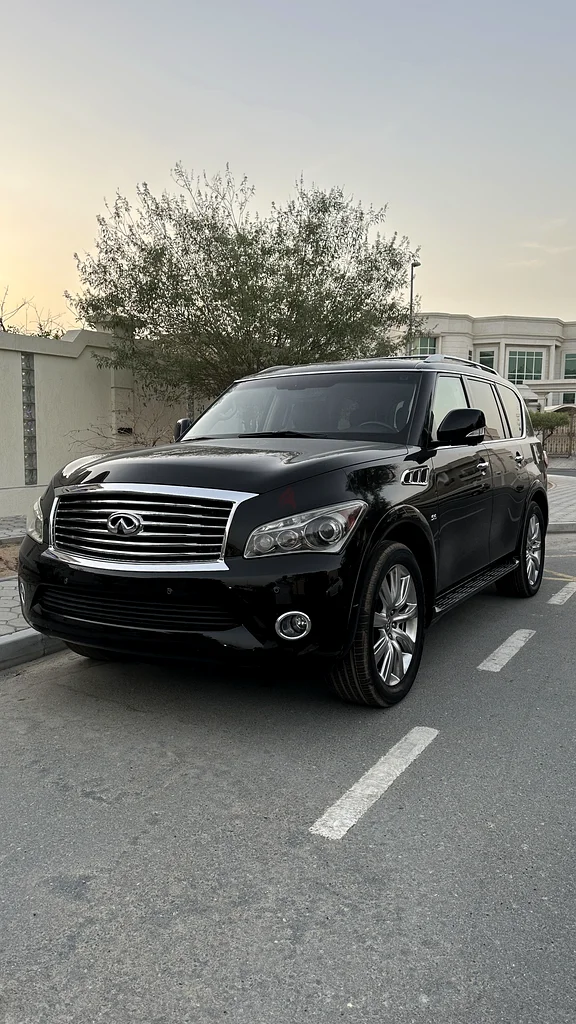
Infiniti’s path has been one of innovation, success, and adaptation in a fiercely competitive market.
Early Triumphs: Challenging the Status Quo
When Infiniti launched in 1989, its flagship Q45 sedan was a bold statement, aiming for a different kind of luxury than its European rivals. However, it was the G35 sedan and coupe (and later the G37) in the early 2000s that truly put Infiniti on the map. These cars offered a compelling blend of performance, style, and value, directly challenging the BMW 3 Series. The FX crossover also carved out a unique niche with its sporty, coupe-like design, predating many of today’s crossover coupes. These models demonstrated Infiniti’s ability to innovate and deliver compelling luxury products.
Strategic Shifts: The Q/QX Nomenclature
In 2013, Infiniti underwent a significant re-branding, unifying its sedan and coupe names under "Q" and its SUVs under "QX," followed by a two-digit number indicating their hierarchy. While intended to simplify the lineup and create a clearer brand identity, it initially caused confusion among consumers who were familiar with the previous, more evocative names (e.g., G37, FX35). This shift, combined with a period of slower product refreshes, arguably impacted brand recognition and momentum.
Navigating a Competitive Landscape & Future Trajectory
Today, Infiniti faces intense competition not only from established luxury brands but also from emerging electric vehicle (EV) luxury players. Its product refresh cycles have sometimes lagged behind rivals, leading to a perception of an aging lineup. However, Infiniti has recently shown renewed vigor. The redesigned QX60 mid-size SUV has been a significant success, praised for its improved interior, technology, and refined driving experience. The QX55, a "coupe-SUV" version of the QX50, also demonstrates a willingness to enter niche segments.
Infiniti’s future trajectory is heavily focused on electrification, with plans for new platforms and battery electric vehicles (BEVs). This strategic pivot is crucial for any luxury brand aiming to remain relevant in the coming decades. If executed well, this move could provide Infiniti with a unique opportunity to redefine its luxury identity around sustainable performance and advanced technology.
The Infiniti Ownership Experience: Practical Considerations for the Discerning Buyer
For potential buyers, assessing Infiniti’s luxury status also involves practical considerations beyond just the car itself.
Value Proposition: Accessible Luxury
One of Infiniti’s strong suits has historically been its value proposition. Compared to similarly equipped German luxury cars, Infiniti models often come with a more attractive starting price and a more generous list of standard features. This makes Infiniti an appealing option for those seeking premium amenities and performance without paying the top-tier premium associated with certain badges.
Reliability & Maintenance: A Japanese Advantage
Leveraging its Nissan roots, Infiniti generally benefits from a reputation for strong reliability. While luxury cars, by nature, tend to have higher maintenance costs than mainstream vehicles due to specialized parts and advanced technology, Infiniti’s service and parts costs are often considered more reasonable than those of some European rivals. This can lead to a more predictable and less stressful ownership experience over the long term.
Resale Value: A Mixed Bag
Resale value is a critical factor for luxury car buyers. While Japanese luxury brands like Lexus often hold their value exceptionally well, Infiniti’s resale values have historically been more moderate, sometimes trailing behind Lexus and German competitors. This can be influenced by brand perception, market demand, and the pace of new model introductions. However, for a buyer purchasing a used Infiniti, this can translate into an excellent value proposition.
Target Audience & Niche: Understated Elegance
Infiniti often appeals to buyers who appreciate understated elegance, robust performance, and a comprehensive feature set without necessarily seeking the overt prestige or aggressive styling of some competitors. It caters to those who value Japanese engineering and reliability in a premium package, offering a comfortable and refined driving experience that might fly slightly under the radar compared to its more flamboyant rivals.
Tips for Evaluating Automotive Luxury: Applying the Lens to Infiniti
When considering any luxury vehicle, including an Infiniti, a holistic approach is key.
- The Sensory Test Drive: Go beyond just speed. Pay attention to cabin quietness at various speeds, the smoothness of the ride over different road surfaces, the feel of the steering, and the comfort of the seats during extended drives. Does the car feel solid, refined, and isolated from the outside world?
- Material and Build Quality Scrutiny: Touch every surface. Are the plastics soft-touch? Is the leather genuine and supple? Are the panel gaps tight and consistent? Do buttons and switches operate with a satisfying click or damped feel? In an Infiniti, examine the dashboard, door panels, and center console for consistency in material quality.
- Technology Usability: While features lists are impressive, true luxury tech is intuitive and seamless. Is the infotainment system responsive? Are the menus logical? Do driver-assistance systems operate smoothly without being intrusive? Test Infiniti’s InTouch system and ProPILOT Assist for ease of use.
- Dealer Experience: A significant part of luxury ownership is the dealer experience. Evaluate the sales process, the professionalism of the staff, the amenities offered in the waiting lounge, and the efficiency of the service department. A premium brand should offer a premium ownership journey from start to finish.
Challenges & Solutions for Infiniti in the Luxury Arena
Infiniti faces specific challenges in solidifying its luxury standing, but also possesses avenues for growth.
- Challenge: Perceived Lack of Distinct Identity/Innovation. For some, Infiniti has struggled to define a unique character beyond being "Nissan’s premium arm," particularly when its models shared platforms or components with mainstream Nissan vehicles.
- Solution: Focus on unique technological offerings (like the VC-Turbo engine, if further developed), bold and consistent design language that truly stands apart, and a clear brand message centered on "human-centric luxury" – emphasizing comfort, craftsmanship, and intuitive technology tailored to the driver and passengers.
- Challenge: Inconsistent Product Portfolio Updates. Periods of slow product refreshes and a limited model range have made it harder for Infiniti to compete with rivals that constantly introduce new or updated vehicles.
- Solution: Accelerate new product development, especially in critical SUV segments, and commit to a consistent schedule of updates. Expanding electrified offerings and potentially introducing a true flagship sedan or SUV could also bolster its image.
- Challenge: Brand Perception Lags Top-Tier Rivals. Despite quality products, Infiniti often doesn’t command the same aspirational appeal as brands with longer luxury pedigrees or more aggressive marketing.
- Solution: Strategic and impactful marketing campaigns that highlight Infiniti’s unique attributes and values. Enhance the luxury dealer experience, ensuring every customer interaction reinforces the premium promise. Consistent delivery of high-quality, distinctive products will, over time, elevate brand perception.
Infiniti Model Lineup & Approximate Starting Prices
Here’s a snapshot of Infiniti’s current lineup and their estimated starting Manufacturer’s Suggested Retail Prices (MSRPs). Please note that prices can vary based on trim levels, options, and regional differences.
| Model | Type | Approximate Starting MSRP (USD) | Key Features/Notes |
|---|---|---|---|
| Q50 | Sport Sedan | $43,000 | Standard V6 twin-turbo engine, classic sport sedan styling. |
| QX50 | Compact SUV | $41,000 | World’s first production Variable Compression Turbo engine. |
| QX55 | Coupe SUV | $52,000 | Stylish coupe-like design based on the QX50. |
| QX60 | Mid-Size SUV | $50,000 | Redesigned with a premium interior, 3-row seating, and V6. |
| QX80 | Full-Size SUV | $75,000 | Large, luxurious, body-on-frame SUV with V8 power. |
(Prices are approximate and subject to change based on model year, trim, and availability.)
Conclusion: Infiniti’s Enduring Luxury Proposition
So, is Infiniti a luxury car brand? The unequivocal answer is yes. Infiniti embodies many of the core attributes that define automotive luxury: sophisticated design, well-crafted interiors with premium materials, refined performance, and a competitive suite of technology. It offers a premium driving and ownership experience that distinguishes it from mainstream brands.
However, it’s also important to acknowledge that the luxury landscape is stratified. While Infiniti comfortably occupies the premium segment, it operates in a fiercely competitive space where established giants and innovative newcomers constantly raise the bar. Infiniti might not always command the same level of prestige or brand cachet as the most aspirational luxury marques, but it offers a distinct and compelling value proposition.
For the discerning buyer seeking an elegant, reliable, and well-equipped vehicle that delivers a genuinely premium experience without necessarily carrying the highest price tag, Infiniti presents a highly attractive option. It is a luxury brand that continues to evolve, carving out its specific niche within the automotive world, offering a blend of Japanese dependability and refined comfort that resonates with its loyal customer base.
Frequently Asked Questions (FAQ)
Q1: Is Infiniti considered a true luxury brand globally?
A1: Yes, Infiniti is positioned and marketed as a luxury brand globally. While its perception and market share vary by region, it competes directly with other premium brands like Lexus, Acura, Cadillac, Volvo, and entry-level models from BMW, Mercedes-Benz, and Audi.
Q2: How does Infiniti compare to Lexus and Acura?
A2: Infiniti, Lexus, and Acura are all luxury divisions of Japanese automakers (Nissan, Toyota, and Honda, respectively). Lexus is generally considered the most successful and prestigious of the three, known for its exceptional reliability, refined ride, and strong resale value. Acura often emphasizes sportiness and technology. Infiniti typically sits somewhere in between, offering a blend of distinctive design, strong performance (especially with its V6 engines), and competitive technology, often at a slightly more accessible price point than Lexus.
Q3: Are Infiniti cars reliable?
A3: Generally, yes. Leveraging Nissan’s engineering, Infiniti vehicles are often regarded as reliable, particularly when compared to some European luxury brands. While luxury cars naturally have more complex systems that can lead to higher repair costs if issues arise, Infiniti’s core mechanical components tend to be robust.
Q4: Is Infiniti expensive to maintain?
A4: Maintenance costs for Infiniti vehicles are typically higher than for mainstream Nissan models but often lower than for their German luxury counterparts. Parts and labor for luxury vehicles are inherently more expensive, but Infiniti’s strong reliability can help offset some of these costs over the long term.
Q5: Why isn’t Infiniti as popular as its German rivals?
A5: Several factors contribute to Infiniti’s relatively lower popularity compared to brands like BMW, Mercedes-Benz, and Audi. These include less consistent product refreshes, a less aggressive global marketing presence, the challenge of building a distinct brand identity separate from Nissan, and intense competition from established players.
Q6: Are Infiniti models just rebadged Nissans?
A6: While Infiniti shares platforms and some components with Nissan vehicles (a common practice across many automotive groups, including luxury brands), they are not simply rebadged Nissans. Infiniti vehicles feature unique designs, higher-grade materials, more powerful engines, advanced technology, and distinct driving dynamics tailored for the luxury segment. The interior craftsmanship and performance tuning are significantly different from their Nissan counterparts.
